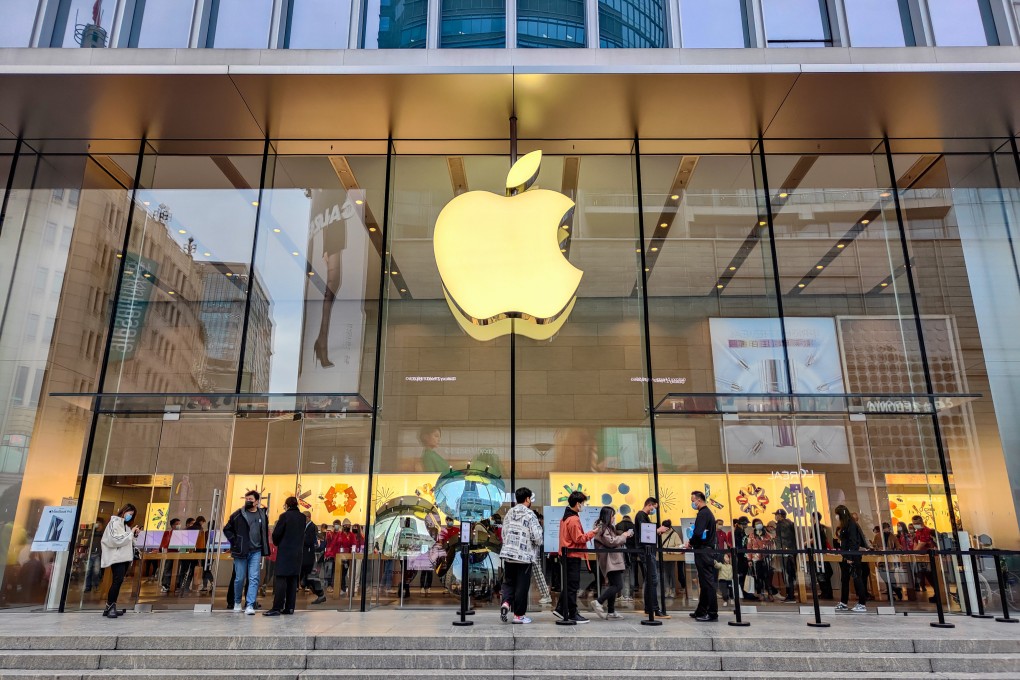Inside Out | Pandemic and Ukraine war bring the economic decoupling nightmare ever closer
- Two years of Covid-19, plus the huge sanctions attack on Russia, have hardened the consensus on the need for both economic decoupling and deglobalisation
- In a world split into the US and China blocs, however, Western multinationals, small companies and millions of consumers would all pay a hefty price

Talk of deglobalisation has been fashionable for years, mainly among environmentalists angry at the carbon cost of air travel. Talk of decoupling has been more recent, spoken mainly in whispers among security-obsessed nationalists. Neither was taken very seriously, if measured by the global reach of multinationals, and steady growth in international trade and foreign investment.
At the Financial Times, Martin Wolf sadly concludes: “Economic decoupling will now surely become deep and irreversible. I see no way of avoiding this.” Adam Posen, president of the free-trade-leaning Peterson Institute, concurs: “It now seems likely that the world economy really will split into blocs – one oriented around China and one around the United States, with the European Union mostly but not wholly in the latter camp…”
Making the issue mainstream in the financial markets, Larry Fink at BlackRock last week wrote to shareholders that “the Russian invasion of Ukraine has put an end to the globalisation we have experienced over the last three decades”. At Harvard, economist Dani Rodrik is certain that Russia’s invasion of Ukraine has “nailed shut the coffin of the post-1989 ‘liberal’ international order”.
Whether this gloomy consensus is accurate we will learn in due course, but it has triggered an explosion of hand-wringing. As if the pandemic and the war were not inflicting harm enough, there is a consensus that economic pain will be the inevitable result of even partial decoupling and deglobalisation.
On top of historically unprecedented debt, the post-pandemic imperative to augment public health spending, and the inflationary challenge arising from supply chain disruption, there will be the imperative to boost defence spending and diversify supply chains now regarded as vulnerable. All this at a time of impaired economic growth and severe restraints on international cooperation.
